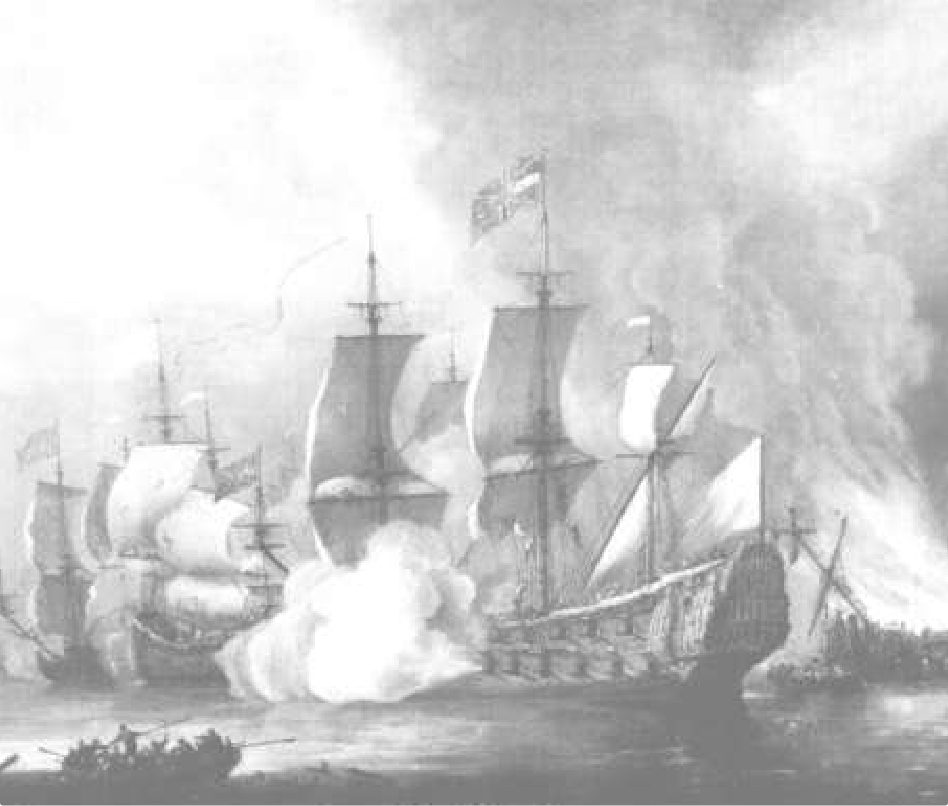The English parliament who grew more worried about the state of Ireland, Dispatched the Royal Navy to deter James II allies. Soon after the newly appointed commander in chief of the English fleet, Arthur Herbert set sail to the port of Cork with a fleet of 24 ships to infiltrate enemy vessels. Because of Herbert’s fleet protection at the harbour of Cork, The French were no longer able to drop the supplies to Kinsale and redirected their course to Bantry Bay to join 3 more warships the French had there.
Although the French succeeded in their main goal. Both the French and the English were let down. Châteaurenault was disappointed to not have pushed his advantage over the English, and Herbert disappointed in failing to intercept enemy vessels and also that his fleet had then to be laid for two months due to the extensive damage.
Although the French were seen to succeed, the Battle of Bantry was known to be inconclusive.

